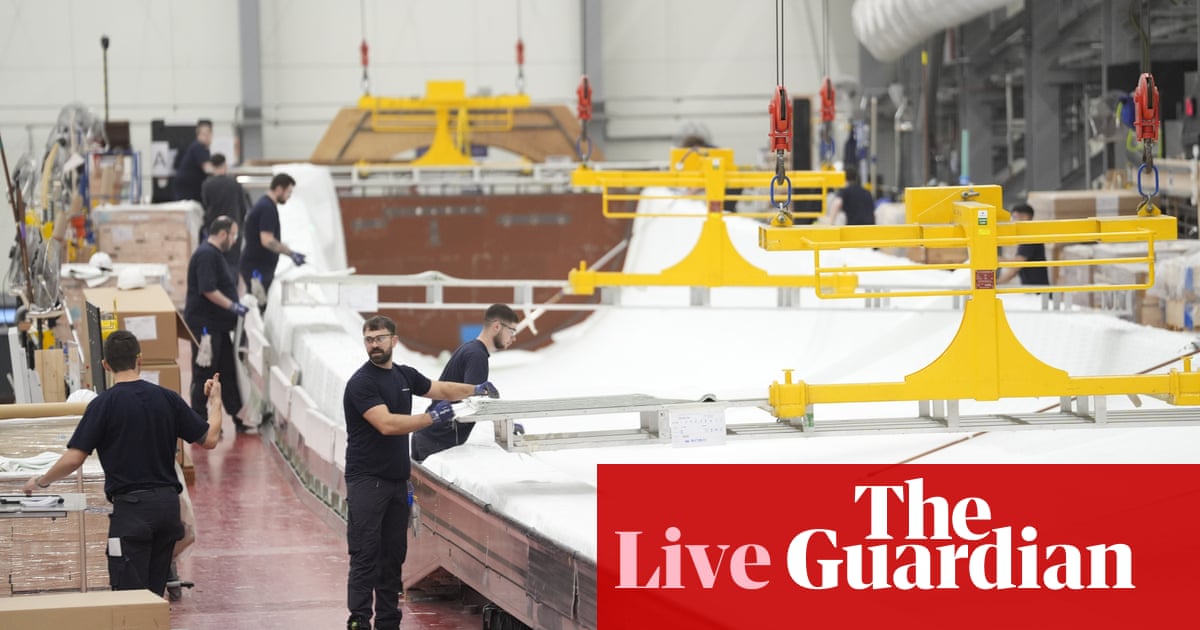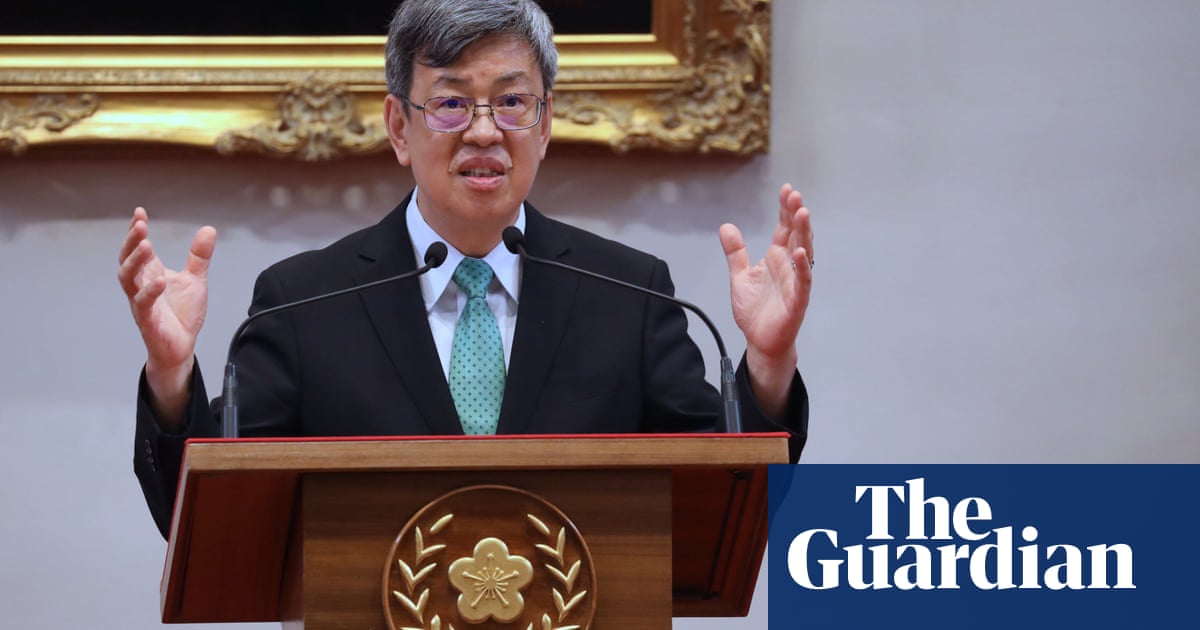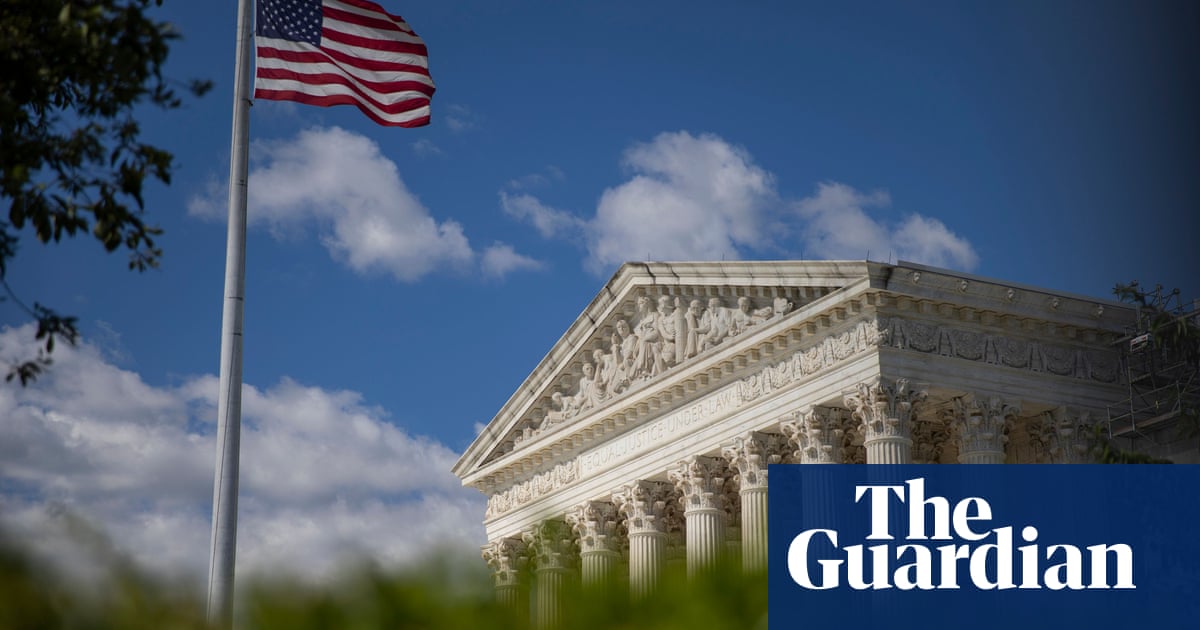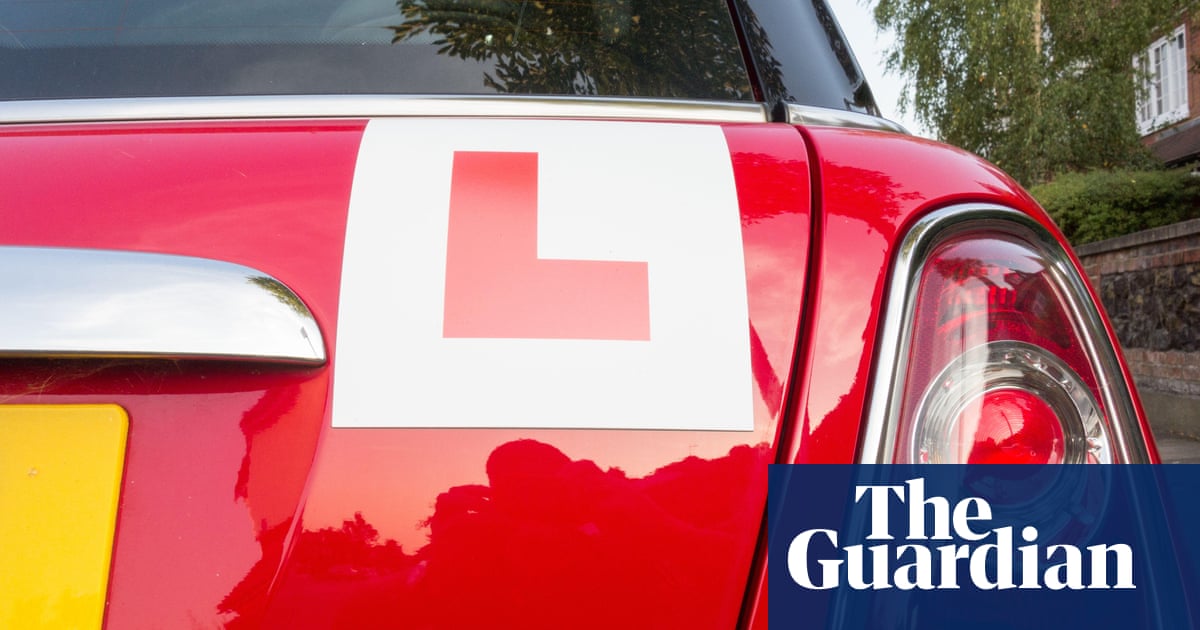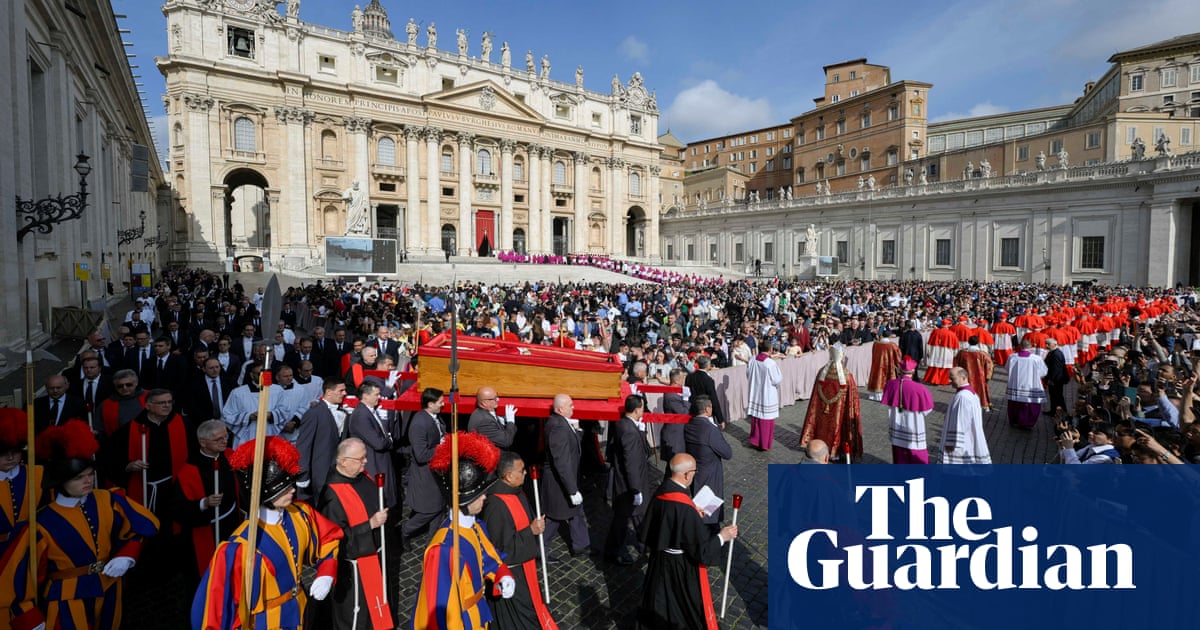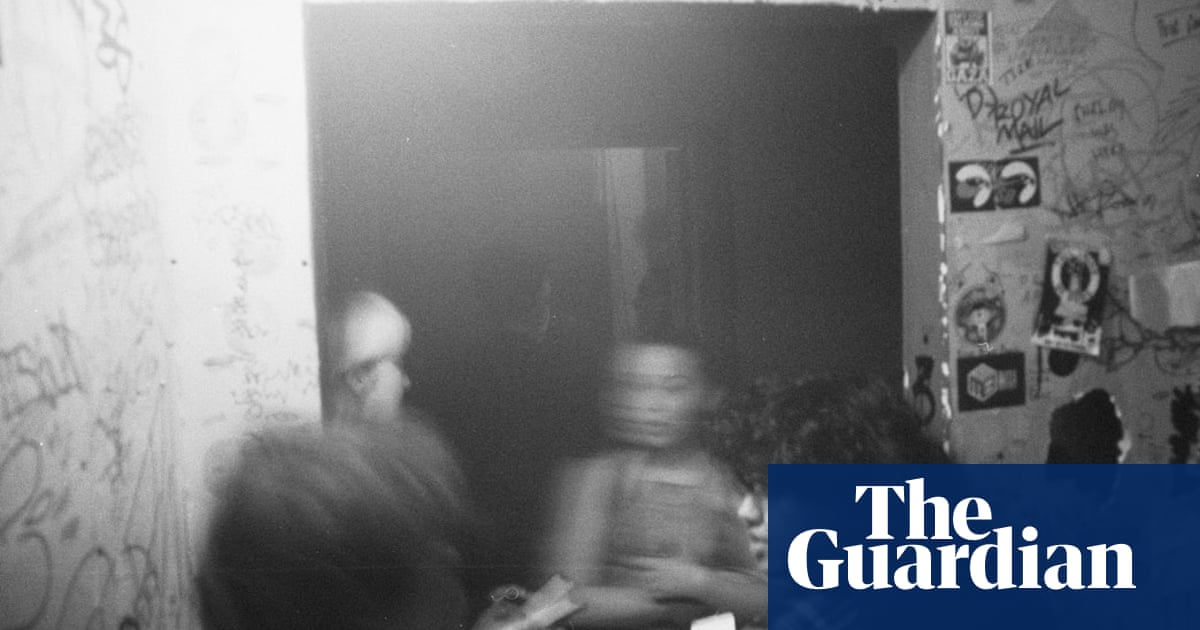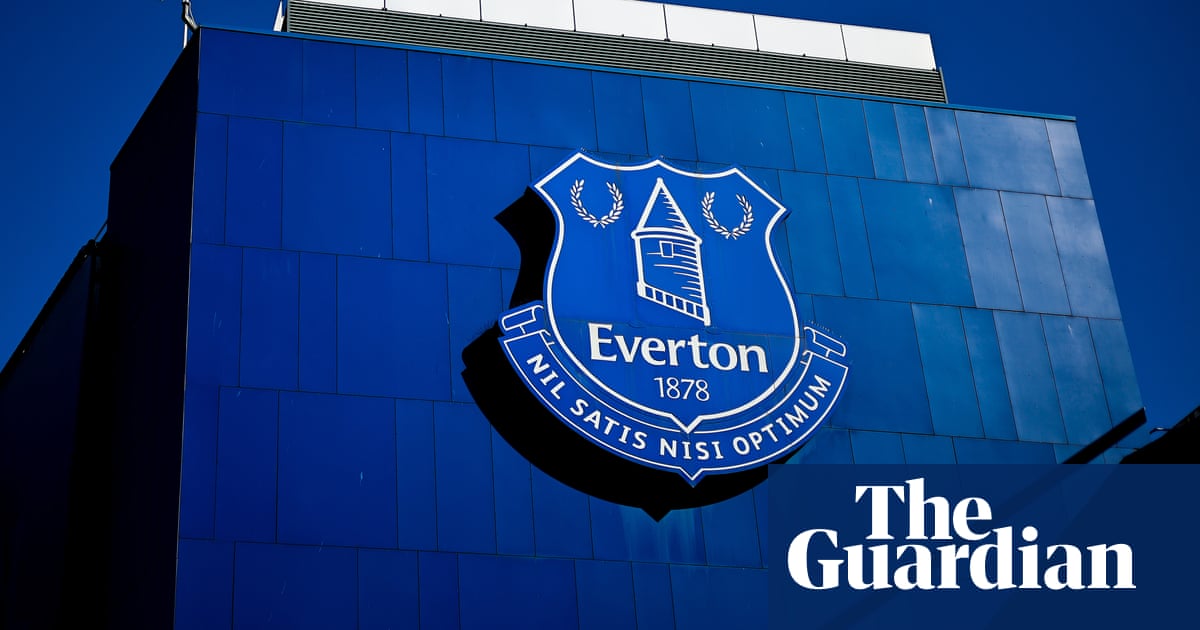Transport campaigners have urged the government to cap walk-up rail fares after research showed almost half of British travellers avoid travelling by train because of the cost.
The Campaign for Better Transport (CBT) said 44% of survey respondents said train travel was too expensive, exceeding the proportion who said they found driving more convenient.
The charity said the government should prioritise a price cap on long-distance, on-the-day fares. It found that 71% of people would travel more by train if fares were cut.
Although advance tickets can reduce the cost of using many services, the CBT argues that the fare system penalises passengers who are unable to book ahead or require a more flexible ticket.
A standard single on the intercity route from London to Edinburgh is likely to pass £200 next month when rail fares rise by another 4.6%.
Train operators have argued that cheaper fares are available, even on the day of travel, but a snapshot of fares on Sunday afternoon showed the cost of a single for any train from Edinburgh to London King’s Cross was £199.60, while the next London Euston to Glasgow train cost £150.60.
A Birmingham New Street to Glasgow Queen Street ticket cost £154, while taking the next direct train from Manchester Piccadilly to London Euston cost £184.70. Cheaper off-peak return fares on many popular routes are no longer available.
The report by CBT said: “The climate emergency underlines that a significant shift from less sustainable modes to rail travel is essential, and fair fares are fundamental to this.”
The current “complicated and unwieldy” system and high pricing for popular services “particularly affects people on low incomes who can least afford high fares when they need to travel at short notice”, it said.
It suggested one option could be a “reasonable cap on fares” to reduce the difference between the lowest and highest prices, eliminating the “cliff edge when advance fares go off sale”.
after newsletter promotion
Simplifying ticketing is one of the promised aims of GBR, the new public sector body being developed by the government to integrate the operation of Britain’s track and trains as a nationalised railway.
Michael Solomon Williams, of CBT, said: “Whilst there have been some attempts to simplify the fares system, root and branch reform is desperately needed. The creation of Great British Railways provides an ideal opportunity for the government to fix fares for good and create a fairer pricing system that provides more of an incentive to choose the train.”
A Department for Transport spokesperson said: “We are committed to the biggest overhaul of our railways in a generation, from delivering better services to simpler ticketing. While some of our fare types are among the cheapest in Europe, particularly when booked in advance, we know the labyrinth of fares and prices can be confusing, which is why we want to simplify fares so it’s easier for passengers to find the right ticket for their journey.”

.png) 2 months ago
33
2 months ago
33
